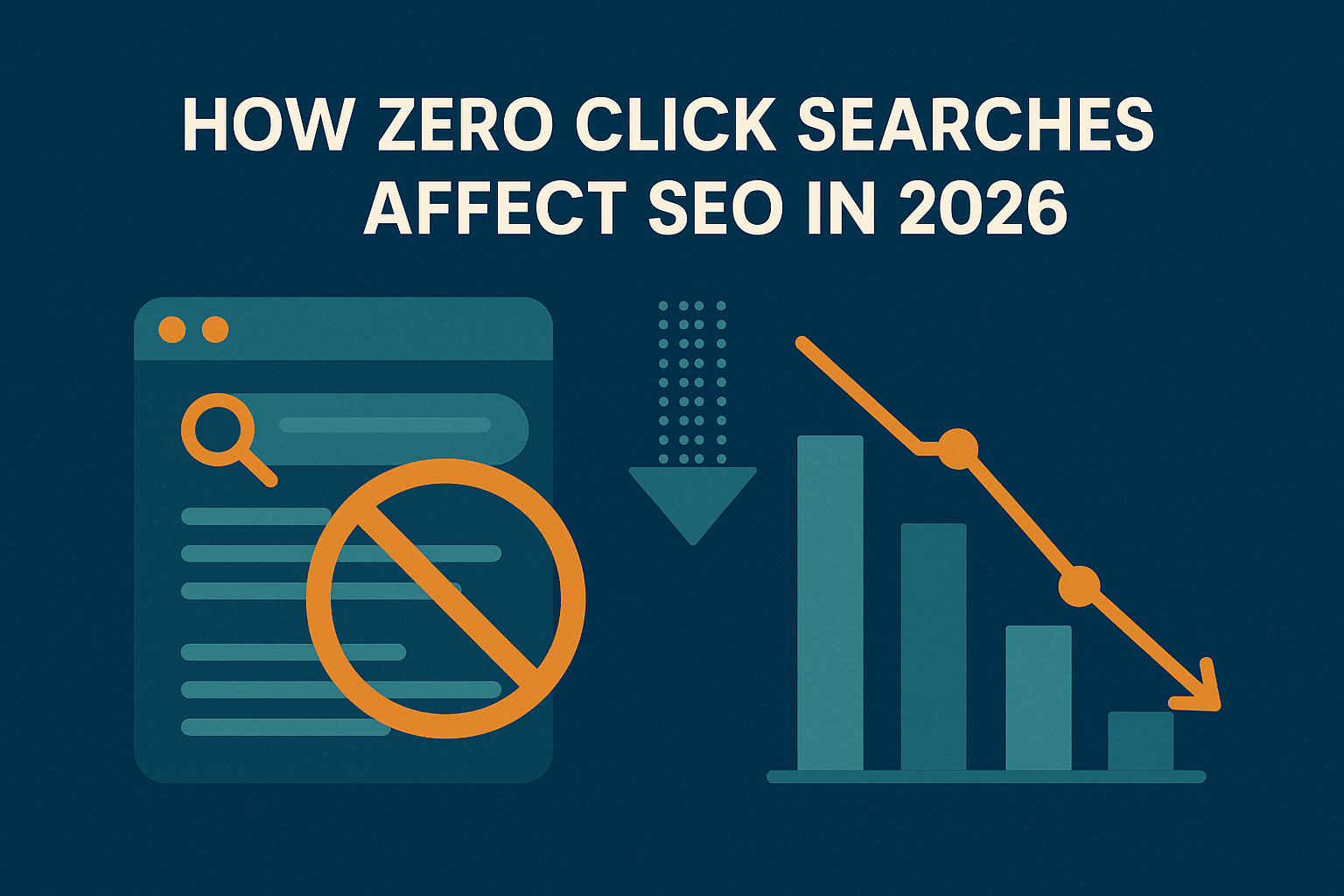How a Virtual SEO Assistant Can Improve Your Content’s Searchability
A Virtual SEO Assistant can significantly improve your content's searchability by optimizing various aspects that influence how search engines, such as Google, index and rank your content. Searchability refers to how easily search engines can find, understand, and rank your content based on user queries. Here’s how a Virtual SEO Assistant can help improve your content’s searchability:
1. Conducting Comprehensive Keyword Research
Keywords are the foundation of searchability. A Virtual SEO Assistant can identify the best keywords to target based on relevance, search volume, competition, and user intent. They ensure the keywords used in your content align with what your audience is searching for, boosting your chances of ranking high on search engines.
- Key Actions:
- Using tools like Google Keyword Planner, Ahrefs, or SEMrush to find high-volume, low-competition keywords.
- Mapping keywords to specific content pieces to ensure optimal keyword targeting.
- Incorporating long-tail keywords to capture more specific user queries.
2. Optimizing Title Tags and Meta Descriptions
Title tags and meta descriptions play a significant role in how your content appears in search results and how likely users are to click on it. A Virtual SEO Assistant can craft compelling, keyword-optimized title tags and meta descriptions that improve both click-through rates (CTR) and content searchability.
- Key Actions:
- Writing concise, keyword-rich title tags (around 60 characters) that accurately describe the content.
- Creating engaging meta descriptions (around 155 characters) with targeted keywords that summarize the page content.
- Ensuring that each page has a unique title and meta description.
3. Optimizing Headers and Subheaders
Proper header structure is crucial for SEO because search engines use it to understand the content's hierarchy and relevance. A Virtual SEO Assistant ensures that your content has a clear and logical structure, making it easier for both users and search engines to navigate.
- Key Actions:
- Using H1 for the main title and H2 and H3 for subheadings to break down the content into digestible sections.
- Including primary and secondary keywords in headings to boost relevance.
- Ensuring proper use of headings to enhance content clarity and SEO.
4. Improving On-Page SEO with Internal Linking
Internal linking helps search engines crawl your website more efficiently and can improve the searchability of your content by spreading link equity across related pages. A Virtual SEO Assistant strategically places internal links within the content to guide users to other relevant pages, while also signaling to search engines what content is most important.
- Key Actions:
- Linking to other high-ranking or relevant content within your website to boost page authority.
- Using descriptive anchor text for internal links to help search engines understand the link’s context.
- Ensuring a healthy ratio of internal links to prevent over-linking and maintain a natural user experience.
5. Ensuring Content is Mobile-Friendly
Google’s mobile-first indexing means that the mobile version of your content is prioritized for ranking. A Virtual SEO Assistant ensures that your content is optimized for mobile users, improving its searchability and visibility on mobile search results.
- Key Actions:
- Ensuring your content loads quickly and is easy to read on mobile devices.
- Optimizing images and videos for faster mobile load times.
- Using responsive design so that your content adapts to various screen sizes.
6. Optimizing for Featured Snippets
Featured snippets are the boxed information that appears at the top of some search results, and securing a spot in this position can significantly boost search visibility. A Virtual SEO Assistant can optimize your content to increase its chances of appearing as a featured snippet by providing concise, direct answers to common questions.
- Key Actions:
- Structuring content with clear question-and-answer formats.
- Using bullet points, numbered lists, and concise paragraphs to present information in a way that’s easy for search engines to pull.
- Creating content that addresses common queries related to your business or industry.
7. Improving Content Load Speed
Search engines prioritize fast-loading websites, as slow pages can negatively impact both user experience and rankings. A Virtual SEO Assistant can optimize the technical aspects of your website to ensure fast page load times, which directly improves your content's searchability.
- Key Actions:
- Compressing large image files to reduce load time.
- Minifying CSS, JavaScript, and HTML code to improve site speed.
- Leveraging browser caching and using content delivery networks (CDNs) to speed up content delivery.
8. Enhancing Content Quality and Relevance
High-quality content is more likely to rank higher in search engine results pages (SERPs). A Virtual SEO Assistant can ensure that your content is relevant, engaging, and meets the search intent of your target audience, which helps improve searchability.
- Key Actions:
- Writing content that answers common user queries, solves problems, or provides value.
- Incorporating relevant multimedia, such as images, videos, and infographics, to make the content more engaging.
- Ensuring content is comprehensive and provides a better user experience than competing content.
9. Optimizing Images with Alt Text
Search engines cannot "see" images, so they rely on alt text to understand what an image is about. A Virtual SEO Assistant can optimize your images by writing descriptive alt text with relevant keywords, helping search engines index and rank images in search results.
- Key Actions:
- Writing descriptive, keyword-rich alt text for every image.
- Ensuring that image file names are descriptive and optimized for SEO.
- Compressing image files to improve page load speed without losing quality.
10. Creating Structured Data with Schema Markup
Structured data (schema markup) helps search engines understand the context of your content. A Virtual SEO Assistant can implement schema markup to make your content more search-engine-friendly and increase its chances of appearing in rich snippets, carousels, or knowledge panels.
- Key Actions:
- Adding schema markup to your pages to define the content type (e.g., articles, events, reviews, etc.).
- Using JSON-LD to provide structured data in a way that’s easy for search engines to parse.
- Implementing local business schema if applicable to improve local search visibility.
11. Using Long-Tail Keywords to Improve Content Visibility
Long-tail keywords are highly specific search phrases that can help attract more targeted traffic. A Virtual SEO Assistant can identify relevant long-tail keywords and incorporate them into your content, making it more likely to rank for niche searches.
- Key Actions:
- Researching long-tail keywords that align with your audience's search intent.
- Integrating these keywords naturally into your content, without keyword stuffing.
- Focusing on content that addresses specific queries, enhancing the chances of appearing in voice search and featured snippets.
12. Tracking and Analyzing Content Performance
A Virtual SEO Assistant helps monitor how your content performs in search rankings and how well it is driving organic traffic. By analyzing the data, they can identify areas for improvement, ensuring continuous optimization for better searchability.
- Key Actions:
- Using tools like Google Analytics and Google Search Console to track organic traffic, bounce rates, and user engagement.
- Analyzing keyword rankings and making data-driven adjustments to improve searchability.
- Regularly updating and refreshing content based on performance insights.
Conclusion
A Virtual SEO Assistant can significantly improve your content’s searchability by optimizing essential SEO elements, ensuring your content is discoverable, relevant, and engaging for both search engines and users. From keyword research to technical optimization, they work across multiple areas to ensure that your content ranks well, attracts organic traffic, and enhances your online visibility.










